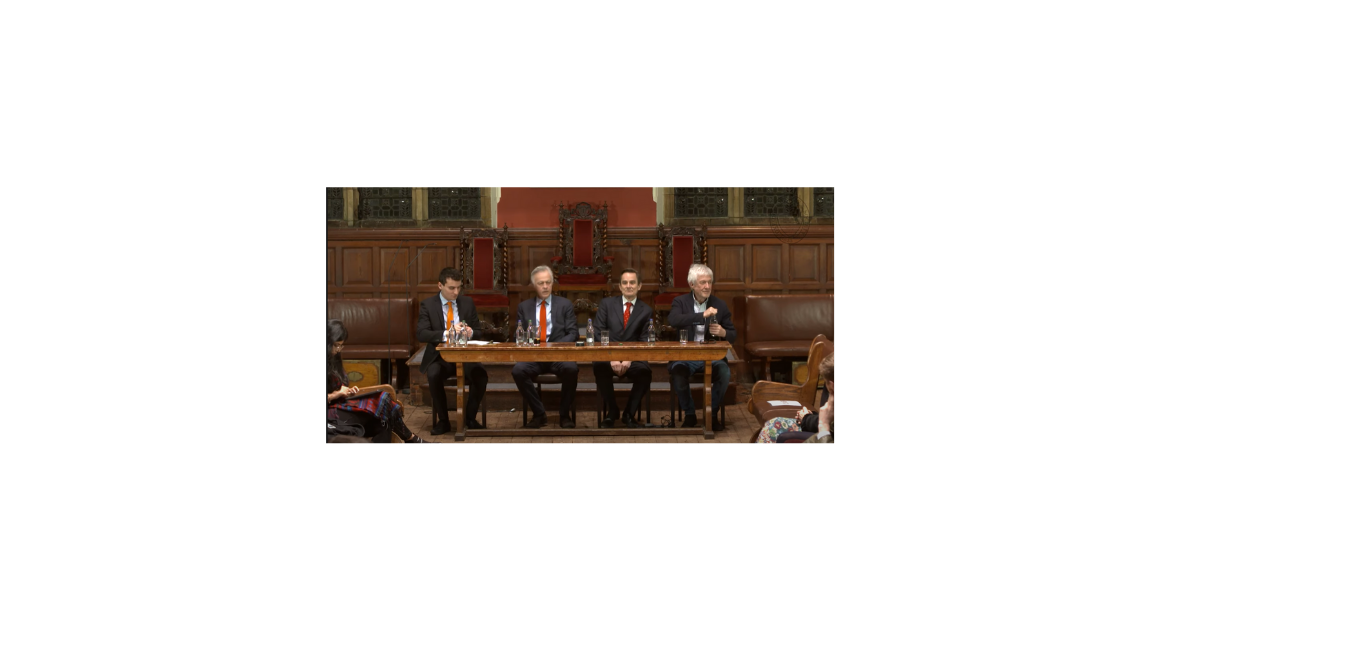Yuvasree
4:39
4:54
4:55
4:56
4:57
4:58
5:00
5:02
5:03
5:03
5:05
5:07
5:09
5:10
5:11
5:13
5:15
5:17
5:18
5:19
5:20
Connecting…



